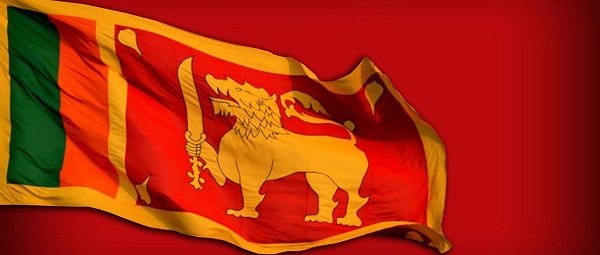Colombo, (Asian independent) Sri Lanka is to urge the World Bank to grant it concessionary funding given to poorer nations while remaining a middle-income country.
The island nation would seek the eligibility for International Development Association (IDA) loans while remaining as a middle-income country, the President’s Office announced on Tuesday. Cabinet approval has been obtained to make the request from the World Bank, it said.
“This is with the aim of obtaining concessionary funding from the IDA – an arm of the World Bank that helps the world’s vulnerable countries. This facility is called ‘Gap’,” President Ranil Wickremesinghe’s Office said in a statement.
“Twelve countries including Indonesia have availed themselves of this facility when they were facing economic downturn similar to Sri Lanka. The government is pursuing a ‘reverse graduation’ policy for a limited period of time,” it stated.
The government has stated that Sri Lanka will remain a middle-income country. However Sri Lanka no longer qualifies for International Bank for Reconstruction and Development (IBRD) loans due to a downgrade of its credit rating.
Earlier on Tuesday, Cabinet Minister and spokesman Bandula Gunawardena told media that Sri Lanka has decided to downgrade itself from status of middle-income country to a low- income country. This was with the aim of attracting more foreign concessionary funding from the IDA.
Sri Lanka was forced to downgrade itself due to financial constraints, dried-up foreign reserves, skyrocketing inflation and difficulty in debt repayment. Faced with the worst-ever financial crisis in the history, in May this year, the Indian Ocean island nation defaulted its external debt repayment. Decided by the Central Bank, the country suspended repayments of its international loans around $7 billion which is out of total foreign debt more than $51billion due for the year 2022.
Sri Lanka, which was elevated to the upper middle-income category was downgraded to a developing or emerging lower-middle-income economy in 2020, the year following the Easter Sunday attacks, a deadly blow on country’s tourism industry, one of the main foreign currency generator. The ISIS-led disaster was followed by the Covid 19 pandemic which crippled the country’s textile industry and foreign income earned by the migrant workers.








